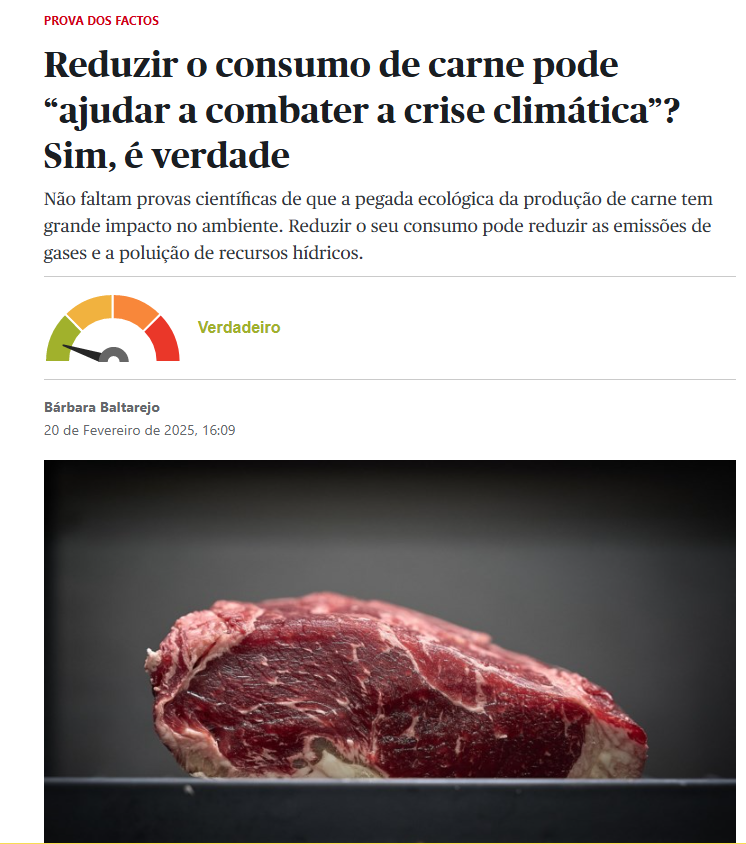(EurActiv) — Lawmakers have given their green light to a provisional deal on the contentious reform of the Common Agricultural Policy (CAP), its first hurdle before final parliamentary approval, expected in November.
The provisional deal on the EU’s farming policy, which was informally agreed back in June by the then holder of the EU’s rotating presidency, Portugal, alongside Parliament negotiators, was approved by Parliament’s agriculture committee (AGRI) on Thursday (9 September).
The deal, which will come into force in 2023 , now requires approval by the full house, which is expected during the second November plenary session in Strasbourg, although the date is yet to be confirmed.
In a statement, the Parliament said that by voting in favour of the tabled reform, MEPs ensured that “preserving and strengthening biodiversity in the EU and meeting the European Union’s commitments under the Paris Agreement will become one of the objectives of the future EU farm policy”.
The news was welcomed by many stakeholders, who saw the first green light as a step in the right direction for the future of the agrifood sector.
The EPP group celebrated the “great” news on Twitter, saying that the CAP will bring “certainty to farmers”, while rapporteur Peter Jahr maintained that it is “in the interest of farmers and agricultural policy”.
“This reform is more in the interest of society than the previous CAP reform,” he stressed during the pre-vote debate, describing it as flexible enough to react to new societal challenges while also being practical for farmers.
Meanwhile, the secretary-general of the EU farmers’ association COPA-COGECA, Pekka Pesonen, said that the outcome of the vote showed that members of the committee understand the necessity of a “swift decision” for farmers.
“This is a positive step in the conclusion of these long discussions, which would allow the member states to finalise their national CAP strategic plans and farmers to plan ahead with more certainty,” he said.
However, others were less enthusiastic about the outcome, calling on MEPs to mobilise against the deal when it comes to crunch time in November.
Green MEP Francisco Guerreiro said that in endorsing deal the major Parliamentary parties have “come together once again to perpetuate the climate crisis”.
“We [the Green party] are on the right side of history and we voted against,” he said.
Many of its detractors are now calling for the final CAP deal to be voted down in November.
Describing the policy as being incoherent with the EU’s Green Deal and its climate goals, Green MEP Tilly Metz called the outcome “a big defeat” but added that the “fight is not over”.
“To protect farmers, biodiversity and the environment, we must vote this CAP down,” she said.
This sentiment was echoed by campaign groups Greenpeace, which accused the new deal of maintaining the status quo, and Good Food Good Farming, which lobbies for a radical transition of EU food and farming policies, which called the result “shameful”.
“The new CAP ignores the scientific evidence of the damage industrial farming does,” Greenpeace said, pointing out that the Parliament’s AGRI committee counts among its members “many politicians who benefit financially from that policy”.
“Politicians receiving EU farm subsidies should not be involved in setting the rules for those subsidies,” they criticised.
However, others warned that blocking the deal would be self-defeating.
Reacting to Green MEP Benoît Biteau’s calls for the CAP to be voted down, French MEP Jérémy Decerle pointed out that a defeat at this point would mean “keeping the current CAP for a few more years”.
“You have to know how to move forward even when the path is not exactly what you hoped for, otherwise you can talk and talk, but you stay put,” he said.











Público: 'Prova dos factos'
Quinta-feira, 20 de Fevereiro de 2025
LER MAIS